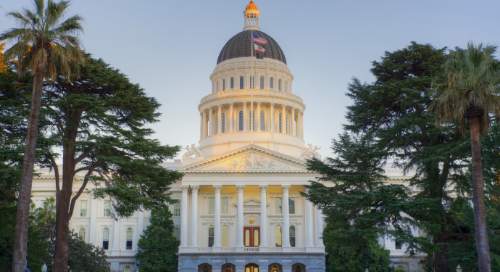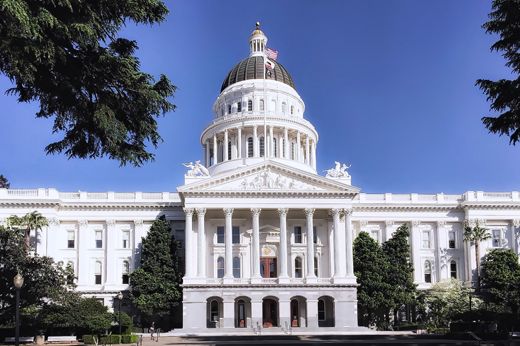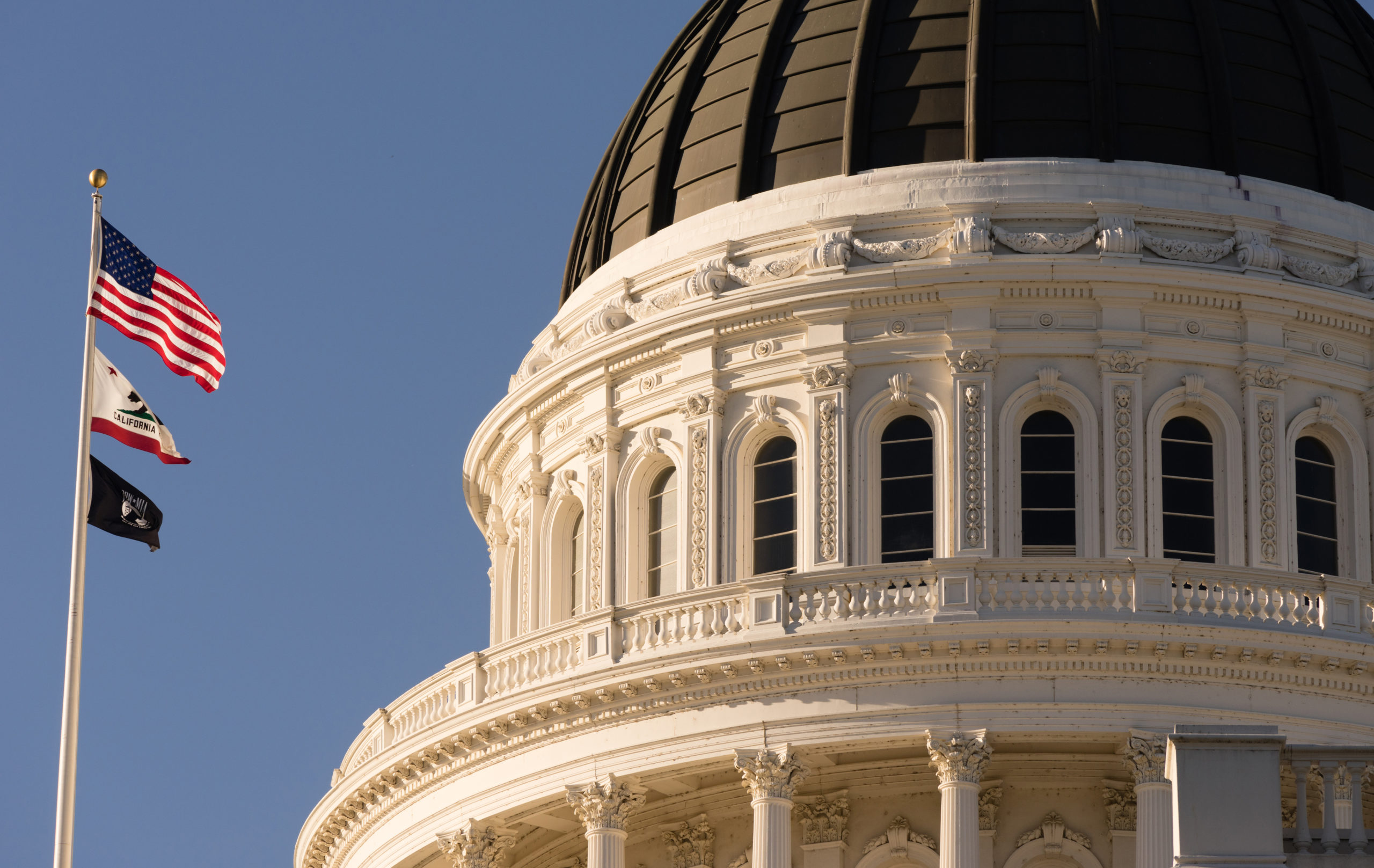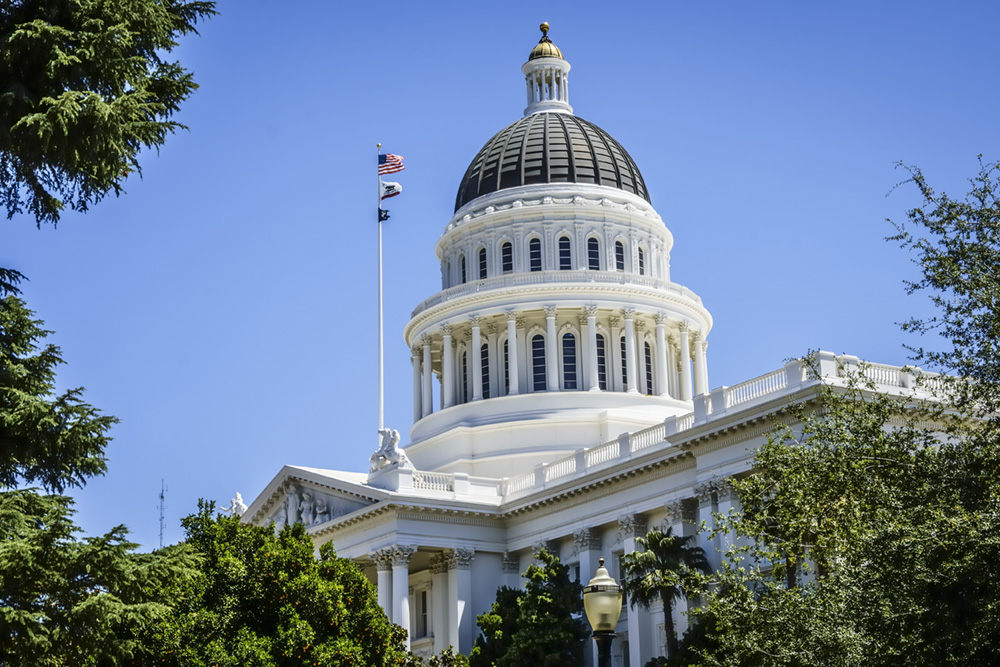Many groups hold annual legislative breakfasts. The formats vary widely and each has its strengths. Following are ideas about important components and suggested formats for making your legislative breakfast both pleasant and productive:
What is the purpose of your legislative breakfast?
- To get better acquainted with legislators?
- To listen to legislators’ concerns?
- To question legislators about issues and bills of concern in Sacramento/Washington?
- To make a statement to your legislators about the primary interests and concerns in your area?
Ideally, your legislative breakfast can serve all of these purposes to some degree. Dialogue is important, whatever the format. You need to understand the thinking and concerns of your legislators. But it is also important that legislators leave with a greater awareness of your interests and concerns and a respect for your credibility as an expert in the field.
Increasing interaction with legislators
Head tables isolate legislators. If a head table is needed for program purposes, legislators can still eat at tables with others, preferably those who are their constituents. This grouping can happen formally or informally; some arrange seating beforehand. Allow time for introductions and conversation before the formal program.
During the formal program, make necessary introductions, especially to help legislators know who your people are.
Listening to legislators’ concerns
Most legislative breakfast agendas allow legislators time to make their own remarks, prepared or otherwise. Some groups set a strict format (a moderator and a time allocation). This allows control of the program and ensures each legislator a voice. Informality is nice, but legislators have been known to deliver 30-minute prepared speeches on less than pertinent topics. If legislative staff does not ask what topics your group would like the legislator to address, it is certainly appropriate for you to request that the legislator address a topic that is relevant to your group such as accountability, school facilities, funding, etc.
Dialogue on bills and issues
Administrators want the opportunity to question legislators on bills and issues. Past practices have included no questions; a brief, informal, and spontaneous question time; and structured written questions with time frame for responses. Let’s consider the options:
- No questions: This seems unsatisfying, leaving only one-way communication, unless time is allowed for individual conversations before legislators leave. Usually this isn’t practical.
- Unplanned questions: From the floor; this can be interesting, but be prepared for problems. These may include:
- People who give speeches instead of asking questions.
- People who ask questions about their own agenda (sometimes not even education-related) rather than on topics of interest to the group.
- People who come with hostile tirades embarrassing both the legislator and the group.
- Questions which fail to touch on key issues.
-
Written questions: This allows not only for audience participation, but for pertinent questions planned ahead of time which reflect knowledge of the legislators, their committee assignments, and current legislation.
- An assigned person may screen the questions to give to the legislator, ensuring that the most important questions are answered and irrelevant or hostile questions are screened.
- Some have given questions directly to legislators, who do their own screening. The only problem is that some legislators may avoid the most pertinent questions.
- Other things to consider: Responses to questions again may raise a timing problem. Some groups alternate questions or deal with them in an open panel format. Others rotate questions among legislators, giving each five minutes to answer as many questions as they can. Knowing your legislators will help you decide a comfortable format.
- In a region which has many legislators, if space permits, each legislator could meet informally with those who wish to talk with him/her. Alternately, the group could break into groups of three legislators (one Senator and the two Assembly Members within the same school district).
Statement to legislators
A desirable ending to a legislative breakfast would be a brief statement from the chair or other appropriate leader. This statement might include:
- Positive appreciation to legislators in whatever area it can be gracefully and honestly given, as well as appreciation for their being present.
- Mention of successful efforts on legislation important to public education.
- Mention of one or two major interests or concerns looking ahead in the legislative session.
Influence as an organization
The unspoken message from a breakfast which is well planned, well attended, and reflects both interest in and understanding of legislative issues on the part of those present, indicates that administrators are doing their homework and are paying attention to what the Legislature is doing. It will ensure that legislators leave with greater respect for you and your fellow administrators.





























